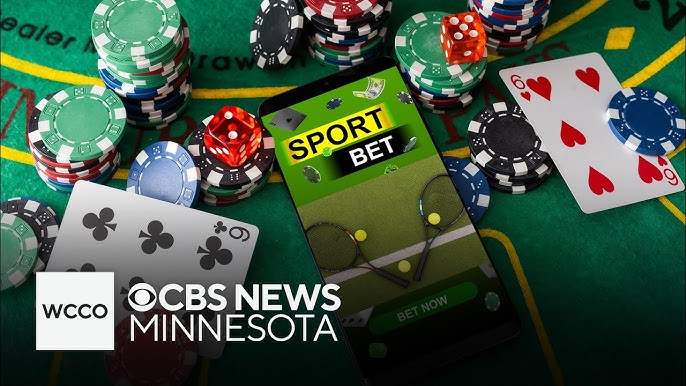
How to Maximize Your Poker Skills
If you’re serious about poker and want to enhance your game, there are numerous strategies and techniques you can adopt. Whether you’re a beginner or a seasoned player, mastering these skills can help you How to maximize your poker https://kto-betting.com/ potential and increase your winnings significantly.
Understanding the Basics
Before diving into advanced strategies, it’s crucial to have a solid foundation in the basics of poker. Familiarize yourself with the rules of the game, hand rankings, and different variations. Common games include Texas Hold’em, Omaha, and Seven Card Stud. Each game has its unique strategies, but a strong grasp of fundamentals is vital for success.
Playing Position
One of the most important aspects of poker strategy is understanding your position at the table. The position dictates how many players act before you, which can significantly impact your strategy. Being in a later position allows you to gather information about your opponents’ actions, making it easier to make informed decisions. Players in early positions must play tighter and more cautiously, while those in later positions can afford to be more aggressive.
Starting Hands Strategy
Your selection of starting hands is crucial to maximizing your poker success. Not all hands are created equal, and understanding which hands to play from different positions can make a significant difference. As a rule of thumb:
- In early position, play strong hands such as high pairs (Aces, Kings, Queens) and strong connectors (A-K, A-Q).
- In middle position, you can broaden your range slightly and include some mid-pairs and suited connectors.
- In late position, you can play more hands, including weaker hands and speculative hands if the players before you have not raised.

Reading Opponents
Emotional intelligence and observation are critical to becoming a successful poker player. Pay attention to your opponents’ betting patterns, body language, and reactions. Identifying tells — unconscious signals that reveal their hand strength — can give you a significant advantage. Practice noting how they react in different situations and adjust your strategy accordingly.
Bankroll Management
Managing your bankroll effectively is essential for long-term success in poker. Set aside a specific amount of money dedicated to playing poker and stick to that budget. Avoid “chasing losses,” which can lead to reckless betting and potentially losing more money than intended. A common recommendation is to have at least 20 buy-ins for the stakes you’re playing to withstand the ups and downs inherent in the game.
Learning and Improving
To truly maximize your poker skills, continuous learning is key. Utilize online resources, join poker forums, watch instructional videos, and read books written by the pros. Consider analyzing your game by reviewing hand histories and discussing strategies with other players. Additionally, investing time in learning advanced concepts such as pot odds, implied odds, and expected value will refine your decision-making process.
Positional Play and Aggression
Adopting an aggressive playing style can put pressure on your opponents and force them into difficult situations. Aggressive players tend to win more pots because they often take control of the hand. However, aggression should be balanced with the understanding of when to slow down and play conservatively. Mix up your play to avoid becoming predictable.
Bluffing Wisely

Bluffing is an inherent part of poker strategy, but it should be used wisely. Effective bluffing requires a good understanding of your opponent and the table dynamics. Bluff when the situation supports it; for example, if you’re in a late position and your opponents seem weak, a well-timed bluff can pay off. However, avoid over-bluffing, as experienced players will catch on quickly.
Emotional Control
Maintaining emotional control during a game is vital. Tilt, or the emotional fallout from a bad beat or a losing streak, can lead to poor decision-making. Develop techniques to stay calm, such as taking breaks when needed or having a checklist of strategies to remind yourself of the fundamentals. A clear mind will allow you to focus better on your game and make rational decisions.
Participate in Poker Communities
Joining poker communities, whether online or in-person, can enhance your skills. Engaging with other players provides opportunities for discussing strategies, learning from different perspectives, and getting feedback on your play. Networking within these communities can open doors to live games, tournaments, and additional resources to improve your game.
The Importance of Practice
Lastly, practice is indispensable. The more hands you play, the better your instinct and skill will develop. Utilize online poker rooms where you can play a variety of stakes without the financial risks of live games. Additionally, consider playing free poker to practice new strategies without any financial pressure.
Conclusion
Maximizing your poker game requires a combination of knowledge, skill, strategy, and emotional control. By understanding the fundamentals, choosing the right starting hands, effectively managing your bankroll, and continually seeking improvement, you can elevate your game to new heights. Remember, poker is a game of skill and luck, and while you can’t control the cards you’re dealt, you can certainly influence the outcomes by being a strategic player.